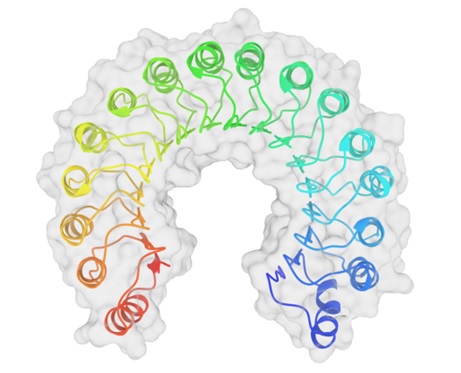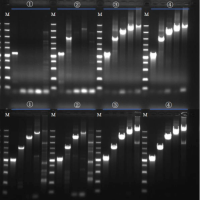An mRNA vaccine is a technology that utilizes messenger RNA (mRNA) to deliver vaccine messages. Unlike traditional vaccines, mRNA vaccines do not require the use of live viruses or pathogen components; instead, they elicit an immune response by injecting mRNA from the target pathogen into human cells, causing them to produce the corresponding antigenic protein. This technology has the advantages of rapid development, low production costs and high adaptability.
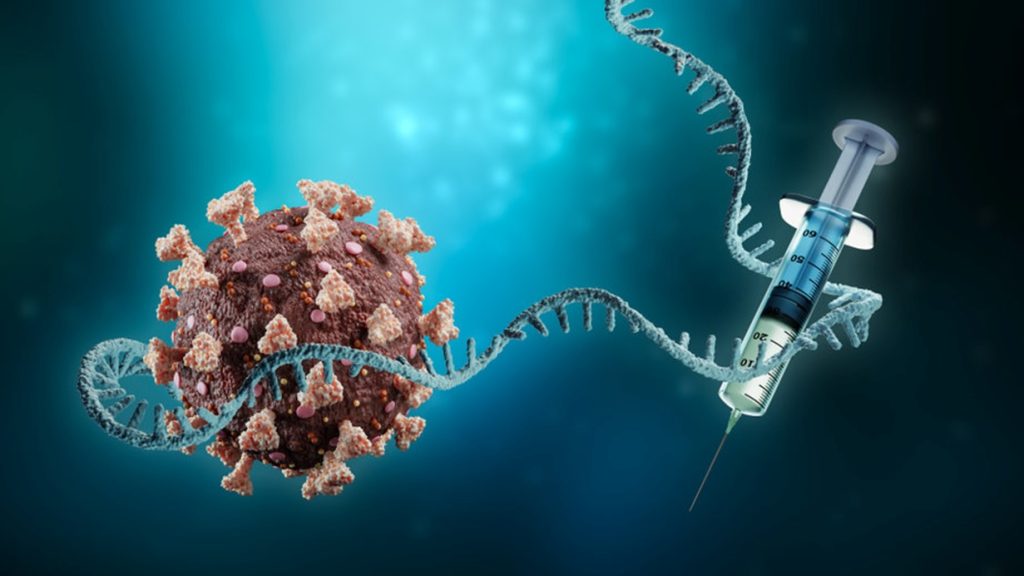
▲mRNA vaccine (image source network )
The process of mRNA vaccine development involves three key steps: selecting the target pathogen, designing the mRNA sequence, and conducting clinical trials. First, scientists need to identify the target pathogen and understand its genomics structure and protein expression. Then, they design the appropriate mRNA sequence to ensure that the cells can correctly produce the target antigenic protein. Finally, clinical trials are conducted to evaluate the safety and efficacy of the vaccine.
However, the development of mRNA vaccines also faces some challenges. First, mRNAs are easily degraded in the body, so special wrapping materials are needed to protect the mRNAs. second, mRNA vaccines need to produce enough antigenic proteins in the body to elicit an immune response, but too many antigenic proteins may lead to adverse reactions. Therefore, scientists need to precisely control the dose and release rate of mRNA. In addition, because mRNA vaccines are a new technology, their safety and long-term effects require further research and validation.
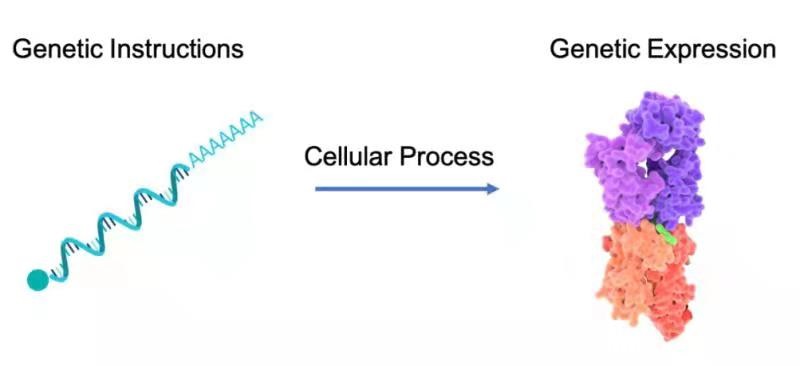
▲Gene Therapy Process (image source network )
Despite some challenges, the future of mRNA vaccines remains promising. In fact, mRNA vaccines have already achieved impressive results during the New Crown epidemic. For example, Pfizer and Moderna have developed two new crown vaccines, BNT162b2 and mRNA-1273, respectively, which have been licensed for emergency use globally and have shown good safety and efficacy.
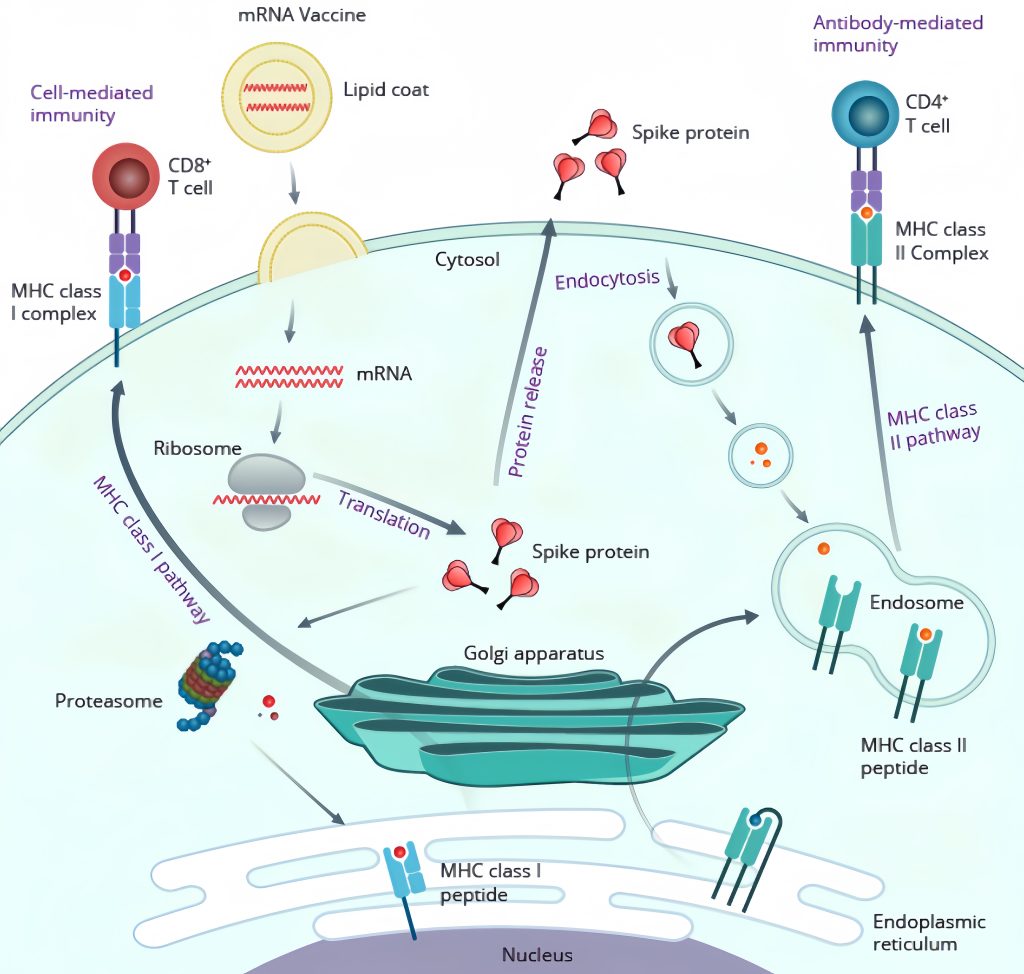
▲Mechanisms of mRNA action (image source network )
In conclusion, mRNA vaccine, as an emerging vaccine technology, has many advantages, such as rapid development and low production cost. However, there are some challenges in its development, such as mRNA stability and dose control. Nonetheless, mRNA vaccines have made significant breakthroughs during the New Crown Epidemic and have contributed greatly to the global fight against the epidemic. It is believed that mRNA vaccines will play an even greater role in the future as technology continues to advance and research intensifies.

